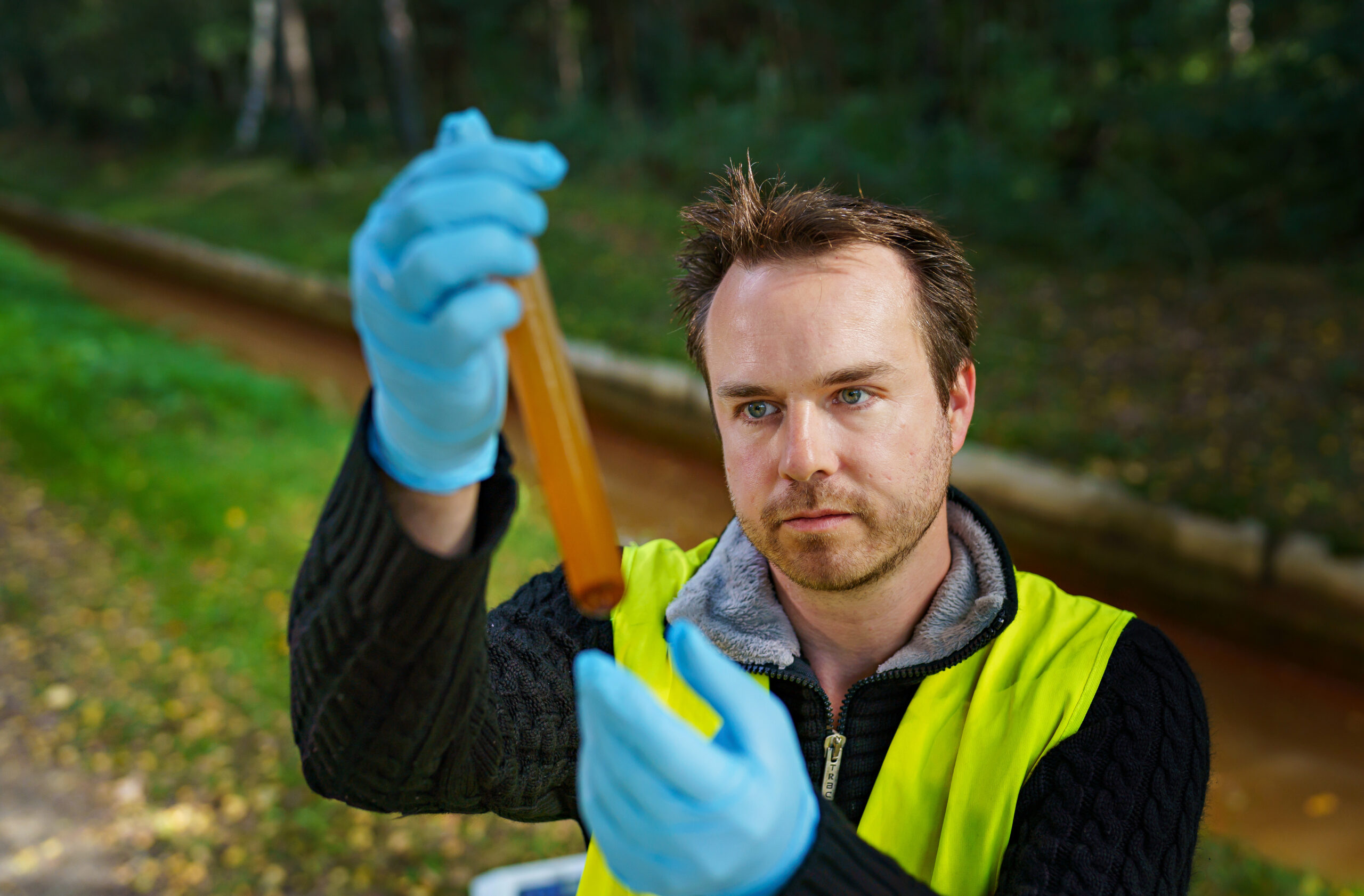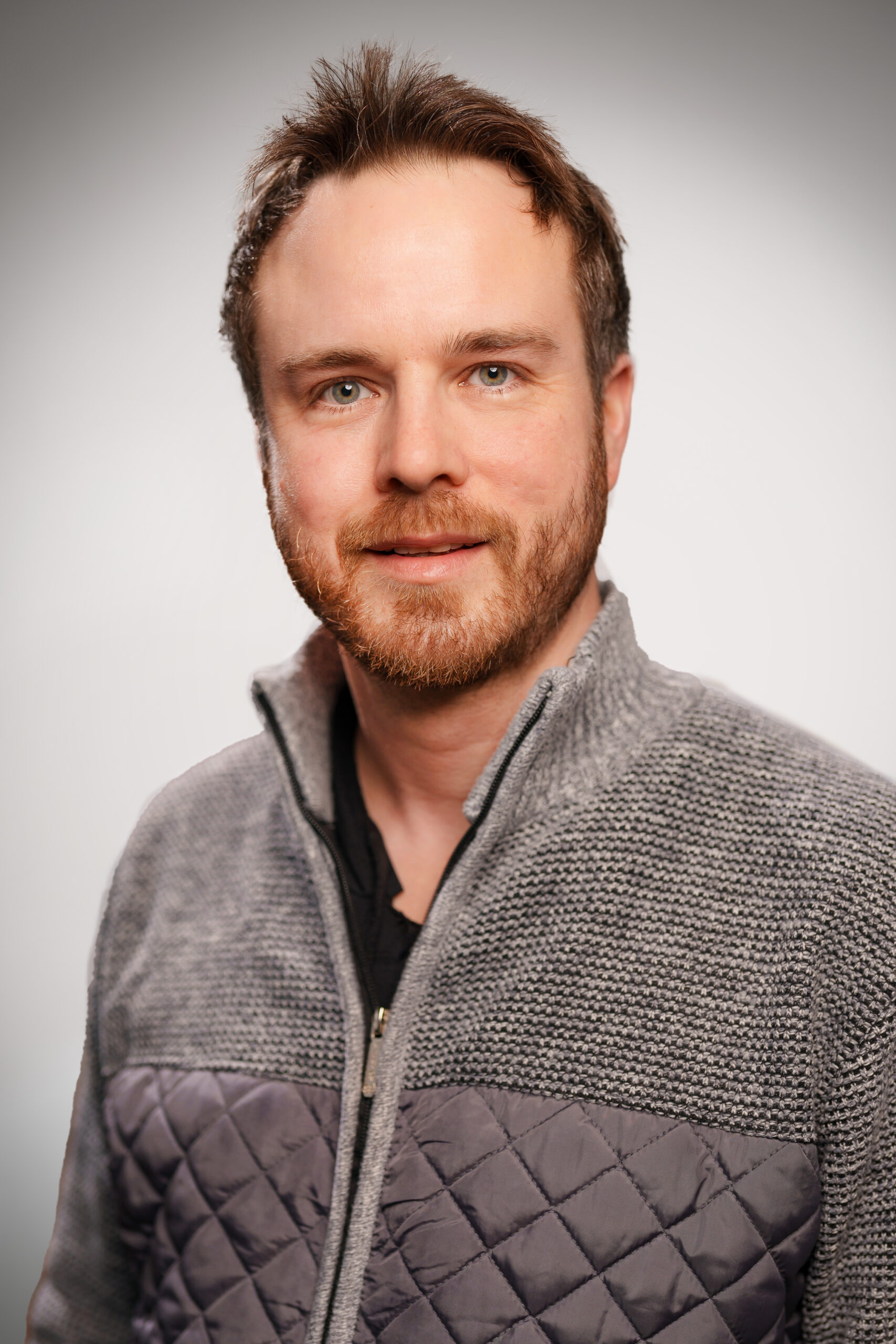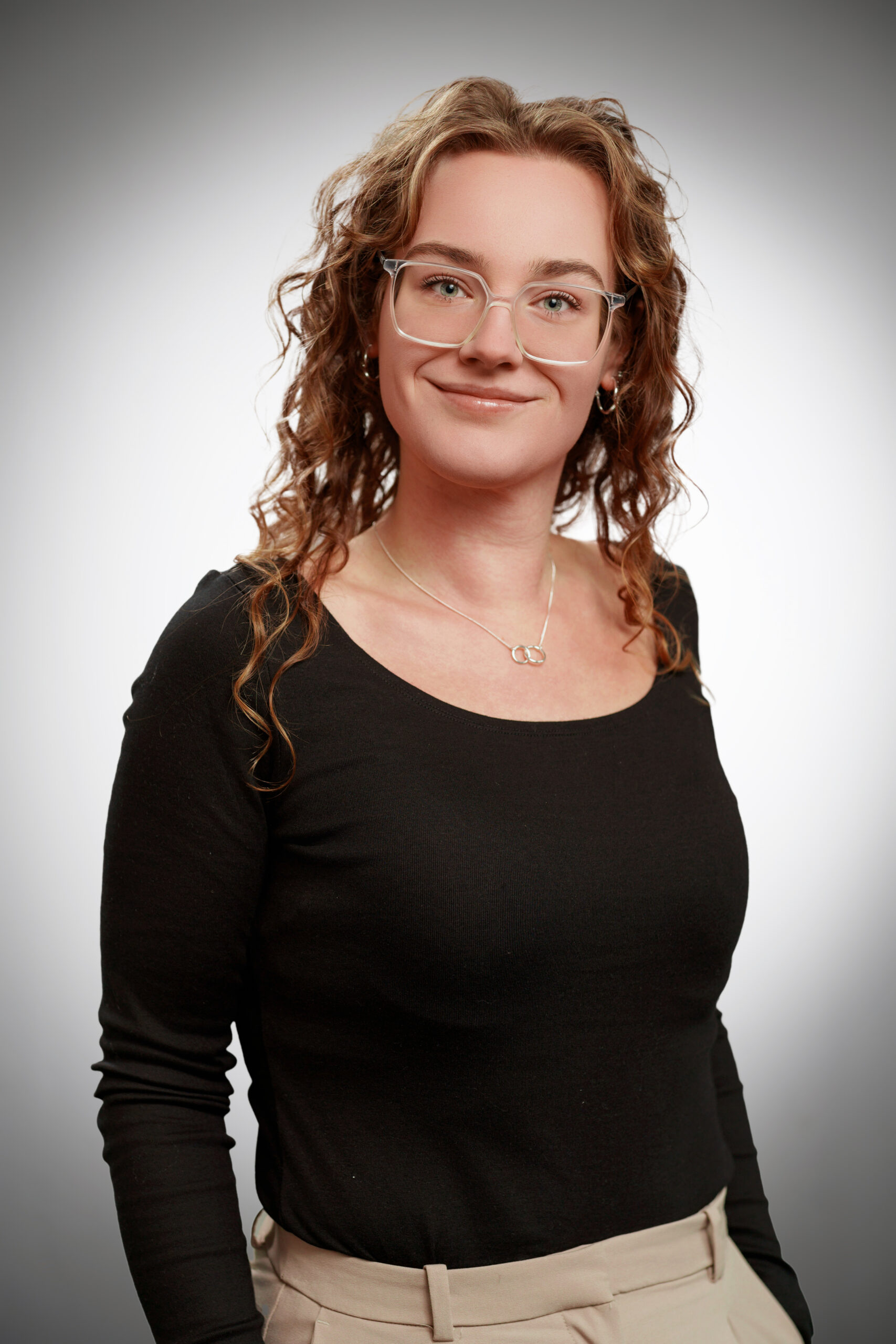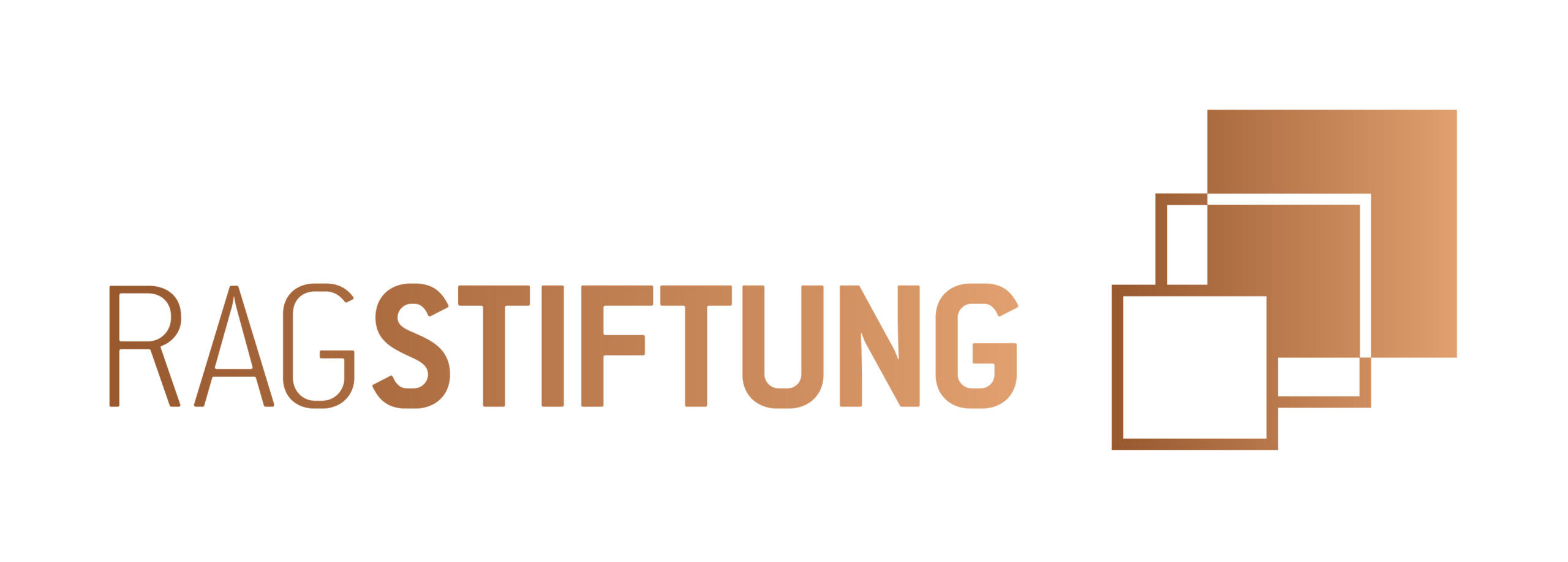IAW3³
((Innovative processing technologies and their potential for the recovery of valuable materials from mine water, precipitation products and processing residues at Ruhr, Saar and Ibbenbüren with special consideration of critical metal resources)
Extracting recyclable materials from mine water
Society is increasingly concerned with the sustainable use of resources. In order to counteract bottlenecks, rising prices and production losses in the economy, new ideas for the extraction of raw materials need to be developed. This is where the “IAW3³” project of the Research Center of Post-Mining at the Georg Agricola University of Applied Sciences (THGA) comes in. Over the next three years, scientists will be investigating whether strategic raw materials can be extracted from mine water and which methods are best suited for this. New processing technologies, such as hyperspectral sensors, will be used to extract critical metals in particular. The post-mining research center not only looks at the mine water itself, but also examines its precipitation products and processing residues. The project, which is being carried out at various mines in the Ruhr, Saar and Ibbenbüren, is being funded by the RAG-Stiftung until 2024.

Lithium, magnesium, germanium and rare earths are sought-after raw materials that are required for the production of renewable energies, electric motors, batteries and fiber optic cables, for example. These raw materials are currently being mined worldwide under sometimes dubious environmental standards that affect people and the environment in equal measure. However, many of these critical raw materials are also present in mine water and its residues.
For example, the mine water from the Ruhr, Saar and Ibbenbüren has a wide range of different mineralizations and enrichments with different ions - depending on the regional geology, hydrogeology and mining factors. The project is also investigating the extent to which it is economically viable to collect and process these valuable materials in processing plants from the coal mining industry. To this end, the scientists are constructing their own precipitation reactors at suitable locations. They want to transfer the knowledge they gain from designing the plants on a laboratory scale to test plants on a field scale. The most promising methods are to be further developed at the FZN in the future.
Project objectives
- Staggered sampling and chemical analysis of mine water in the Ruhr area, Saarland and Ibbenbüren
- Comparison of the analysis results with international empirical values and selection of suitable processing and extraction technologies
- Field tests and construction of precipitation reactors in the Ruhr area, Saarland and Ibbenbüren for the extraction of precipitation products and their chemical analysis
- Design and construction of processing technologies on a laboratory scale and extrapolation of the dimensions of the test facilities to field scale
Contact

Dr.rer.nat. Bastian Reker
Technische Hochschule Georg Agricola University
Herner Street 45
44787 Bochum
Building 2, room 203
Phone 0234 968 3665
Mail bastian.reker@thga.de

Jule Gleba, B.Sc.
Technische Hochschule Georg Agricola University
Herner Street 45
44787 Bochum
Mail jule.gleba@thga.de



